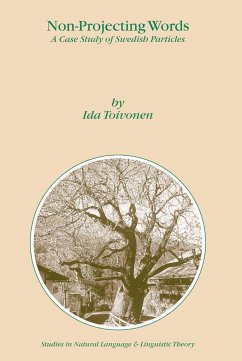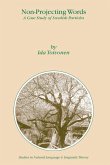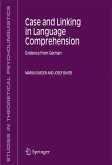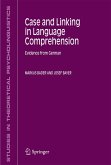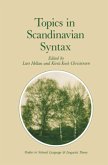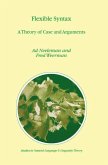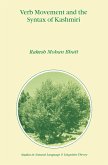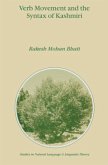Focusing primarily on Swedish, a Germanic language whose particles have not previously been studied extensively, Non-Projecting Words: A Case Study on Swedish Particles develops a theory of non-projecting words in which particles are morphologically independent words that do not project phrases.
Particles have long constituted a puzzle for Germanic syntax, as they exhibit properties of both morphological and syntactic constructs. Although non-projecting words have appeared in the literature before, it has gone largely unnoticed that such structures violate the basic tenets of X-bar theory. This work identifies these violations and develops a formally explicit revision of X-bar theory that can accommodate the requisite "weak" projections.
The resulting theory, stated in terms of Lexical-Functional Grammar, also yields a novel classification of clitics, and it sheds new light on a range of recent theoretical proposals, including economy, multi-word constructions, and the primitives of lexical semantics. At an abstract level, we see that the modular, parallel-projection architecture of LFG is essential to the description of a variety of otherwise recalcitrant facts about non-projecting words.
Hinweis: Dieser Artikel kann nur an eine deutsche Lieferadresse ausgeliefert werden.
Particles have long constituted a puzzle for Germanic syntax, as they exhibit properties of both morphological and syntactic constructs. Although non-projecting words have appeared in the literature before, it has gone largely unnoticed that such structures violate the basic tenets of X-bar theory. This work identifies these violations and develops a formally explicit revision of X-bar theory that can accommodate the requisite "weak" projections.
The resulting theory, stated in terms of Lexical-Functional Grammar, also yields a novel classification of clitics, and it sheds new light on a range of recent theoretical proposals, including economy, multi-word constructions, and the primitives of lexical semantics. At an abstract level, we see that the modular, parallel-projection architecture of LFG is essential to the description of a variety of otherwise recalcitrant facts about non-projecting words.
Hinweis: Dieser Artikel kann nur an eine deutsche Lieferadresse ausgeliefert werden.
From the reviews:
"In this book, Toivonen has produced an exceptionally lucid document, one that I do not hesitate to recommend to students and colleagues ... this is that rare volume that contributes to linguistic theory while being highly accessible. The book furthermore strikes an exemplary balance between description and analysis; it is rich in clearly organized and insightfully presented data ... . This book makes an important contribution." (Peter Svenonius, Language, Vol. 84 (3), 2008)
"In this book, Toivonen has produced an exceptionally lucid document, one that I do not hesitate to recommend to students and colleagues ... this is that rare volume that contributes to linguistic theory while being highly accessible. The book furthermore strikes an exemplary balance between description and analysis; it is rich in clearly organized and insightfully presented data ... . This book makes an important contribution." (Peter Svenonius, Language, Vol. 84 (3), 2008)

